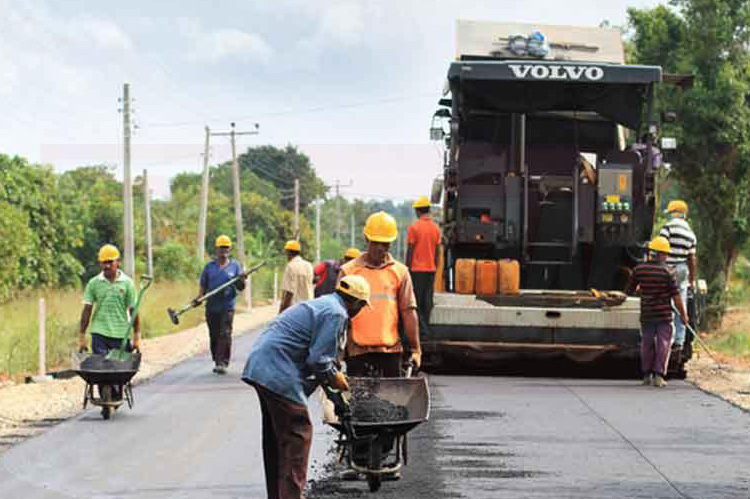
Government Grapples to Settle Billions in Construction Contractors Dues amid Economic Pressures
- CNL Reporter
- November 11, 2024
- Banking and Financial
- Construction, Economic, Government
- 0 Comments
Behind the News
Government Grapples to Settle Billions in Construction Contractors Dues amid Economic Pressures
Sri Lanka’s new government faces mounting pressure to address outstanding payments to over 3,000 contractors involved in public construction projects, whose dues have accumulated since 2019.
These contractors are owed approximately Rs. 150 billion for work completed on buildings, roads, and infrastructure projects. The situation has become dire, with many construction companies at risk of financial collapse due to delayed payments.
In response to the crisis, the government initially took steps under former President Ranil Wickremesinghe’s direction in October 2022, when he, in his capacity as Finance Minister, instructed the Department of Treasury Operations to explore the possibility of allocating Rs. 50 billion to pay off some of the arrears.
At the time, development projects were put on hold, and contractors faced months of uncertainty regarding their payments. A partial payment of Rs. 20 billion was eventually disbursed, but funds quickly ran out.
By February 2023, the Finance Ministry raised Rs. 11.6 billion through treasury bonds to help settle the mounting dues. This financial measure became a recurring solution as the government continued to grapple with its fiscal challenges.
The new three member Cabinet recently decided to reallocate unused funds from the 2024 budget to help clear an additional Rs. 28.37 billion in outstanding bills related to the road rehabilitation initiative.
Launched in 2020, this ambitious five-year project aimed to upgrade Sri Lanka’s road network. However, due to budget constraints, significant portions of the project’s bills remain unpaid.
Minister Vijitha Herath confirmed that Rs. 20 billion has been earmarked in the 2024 budget for essential roadworks, but the government now needs to use unused funds to ensure that contractors are paid and road maintenance continues.
This decision, though necessary, raises concerns among financial analysts about the risks of misuse of funds.
Economic warn that reallocating large sums without strong oversight could open the door to corruption and mismanagement. They emphasized the importance of transparency and accountability in managing public finances to prevent financial scandals.
The process of reallocating funds from the 2024 budget requires Cabinet approval, and funds must be carefully identified as unspent or underutilized.
The reallocation must align with the government’s priorities, particularly given Sri Lanka’s broader economic challenges, such as debt restructuring. The Ministry of Finance, along with the Auditor General, will oversee these reallocations to ensure legal and fiscal compliance.
While the government’s decision to reallocate funds may alleviate some immediate financial pressures, it underscores the significant challenges faced by Sri Lanka’s public infrastructure sector. The coming months will be crucial in ensuring that funds are used responsibly and that the country’s infrastructure development continues without further delays.

